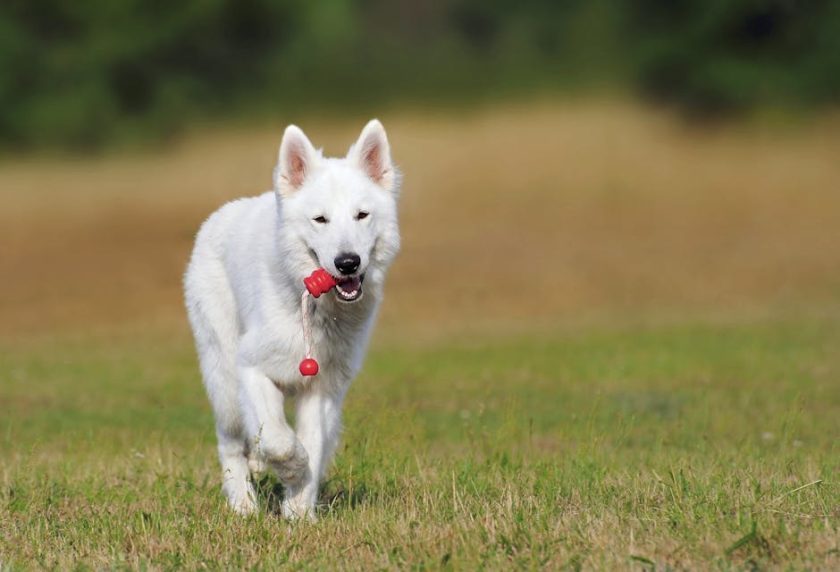As a passionate dog lover and enthusiastic trainer, I've embarked on an extraordinary journey that has transformed my relationship with my canine companions and deepened my understanding of their behavior. Through years of dedicated practice, I've honed my skills to become a certified dog trainer, eager to share my insights and experiences to empower dog owners on their own training adventures.
**Understanding Dog Behavior**
The foundation of effective dog training lies in comprehending canine behavior. Dogs communicate primarily through body language and vocalizations. By observing their posture, tail movements, and facial expressions, we can decipher their intentions and respond appropriately. Additionally, understanding the breed's specific traits and instincts is crucial for tailored training programs that cater to their unique needs.
**Building a Strong Bond**
Training should never be a punitive or aversive process. Rather, it should foster a strong bond between the dog and its owner. Positive reinforcement through rewards and praise helps establish a foundation of trust and cooperation. By focusing on positive experiences, dogs become eager to learn and willingly follow instructions.
**Establishing Clear Commands**
Consistency is key when teaching dogs commands. Use short, clear cues and execute them consistently in all situations. Avoid using different words for the same command, as this can confuse the dog. Patience and repetition are essential to ensure the dog fully grasps the desired behavior.
**Socialization and Obedience**
Socialization plays a vital role in developing well-rounded dogs. Exposing them to different environments, people, and animals helps them become comfortable and confident in various situations. Obedience training, such as sit, stay, and come, provides essential structure and control, enabling dogs to navigate the world safely and responsibly.
**Addressing Behavioral Issues**
While all dogs are capable of learning, some may exhibit behavioral issues that require specific attention. These issues could range from aggression to anxiety or separation anxiety. Identifying the underlying cause of the behavior is crucial to develop a customized training plan that effectively addresses the problem.
**Choosing the Right Trainer**
If you're seeking professional assistance with dog training, it's essential to choose a certified and experienced trainer. Look for someone who uses positive reinforcement methods, has a proven track record of success, and aligns with your training goals.
**My Personal Experience**
My journey as a dog trainer began with my rescue dog, Bella. She was a sweet and affectionate dog but struggled with reactivity towards other dogs. Through a combination of positive reinforcement, socialization, and obedience training, Bella gradually overcame her fears and became a confident and well-behaved companion. Her transformation ignited my passion for helping other dogs and their owners achieve their training aspirations.
**Conclusion**
Dog training is an ongoing process that requires dedication, patience, and a deep understanding of canine behavior. By embracing positive reinforcement and building a strong bond with your dog, you can unlock their full potential and create a lifelong partnership filled with love, trust, and companionship. Remember, every dog is unique, so tailor your training approach to their individual needs and enjoy the transformative journey together.

